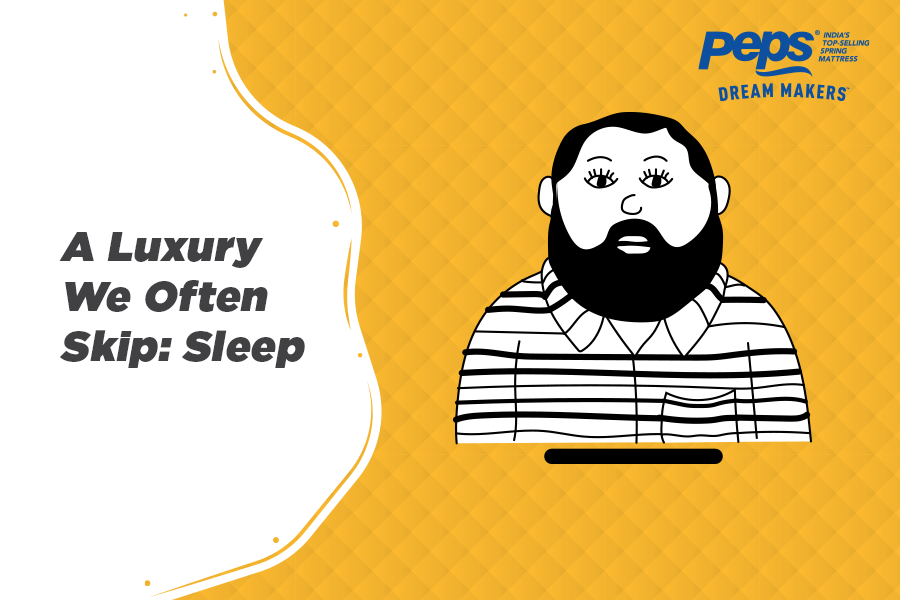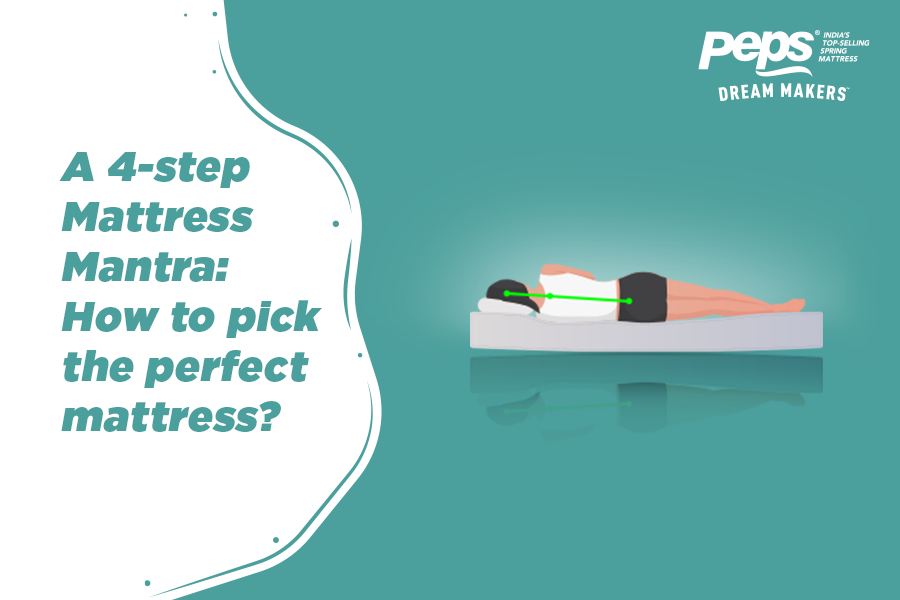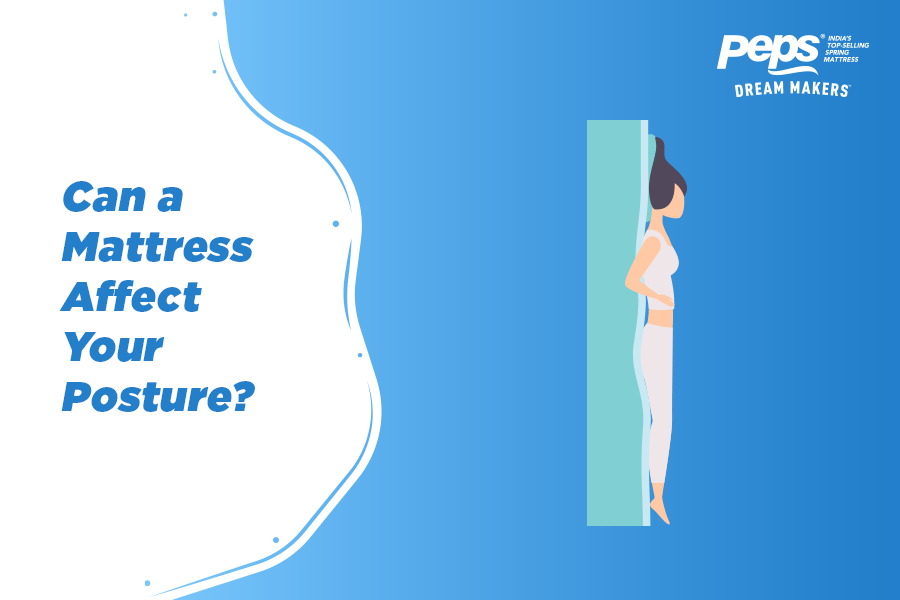
A luxury we often skip: Sleep
60 hour work weeks, hectic schedules, endless task lists, unread emails, and a lot more. This is how today’s millennia is living life; always on the go. Staying off the grid doesn’t come easy, especially when mobile phones and tablets are akin to lifelines that keep our social and professional lives afloat. “More than 8 in 10 millennials say they sleep with a cell phone glowing by the bed, poised to disgorge texts, phone calls, emails, songs, news, videos, games and wake-up jingles,” reported a Pew Research study. An irresistibly witty tweet, a funny image or a mail that you must reply to are all a part of instant gratification that modern technology provides which is always preferred over sleep.
In the midst of this hustle that the youth is striving for, there is a luxury that is often compromised – sleep. It’s time to re-introduce the importance of sleep.
Sleep has become a secondary function which is often ignored in order to prioritise the work-related behaviour of the millennials today. To most, workaholism has become the only criteria to measure one’s success. This perception has grown over the years that only when one forgoes sleep in order to work hard does one achieve success in life. While it is true that success demands diligence and labour, definitely not at the cost of losing out on sleep.
Sleep for a disease-free life
While the effect of sleep deprivation can be detrimental to your success, the reverse which is having a good few hours of sleep can have a catalytic effect. Some of the symptoms can stay hidden and aggravate over the years resulting in chronic illness. We remain unaware of the array of diseases that can be caused due to sleep deprivation like heart diseases, loss of memory, depression, high blood pressure, stroke, and diabetes. Therefore, it goes without saying that it is of utmost importance that we improve our sleeping habits.
Sleep for better memory
A study by the Mental Health Association concluded, “Millennials who don’t get enough sleep were 4 times as likely to suffer from poor concentration, short-term memory, relationship problems and 3 times more likely to be depressed and 2.6 times more likely to commit suicide,”
People tend to retain information longer and perform better at tasks that require strong memory after a good night’s sleep. Sleep isn’t just a time when the body shuts down. It’s the body’s time to process important information and rejuvenate. The earlier the importance of sleep can be realized by millennials, the sooner they can open the door to success.
The average man spends almost one-third of his life sleeping thus making sleep an essential part of all our lives. Millennials would be so much better off if only they could understand that sleep will improve their success. And yet today’s millennials couldn’t care less about losing out on sleep.
While Millenials are working hard to live a luxurious life, it would mean nothing if they are inflicted with health problems and weak memory. It must be noted that the path to a luxurious life is through a lesser-known luxury, sleep.
References:
https://www.healthline.com/health/millennials-exhausted-all-the-time#6





